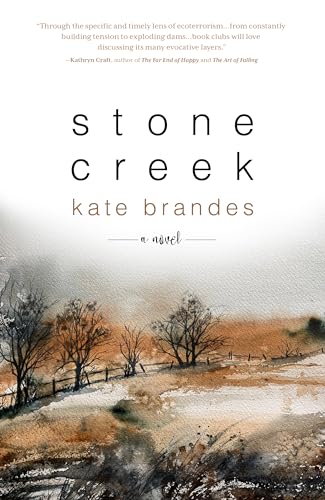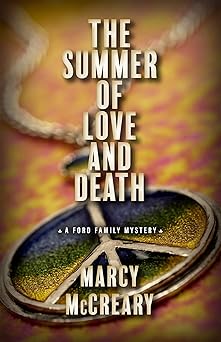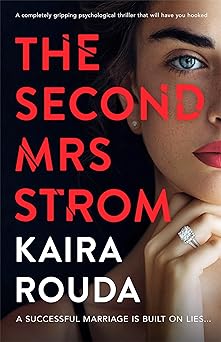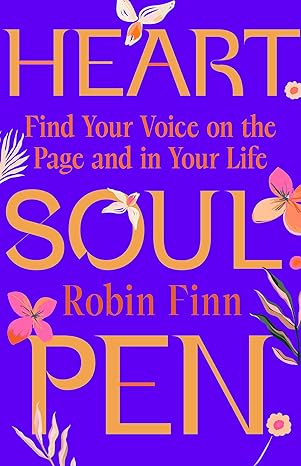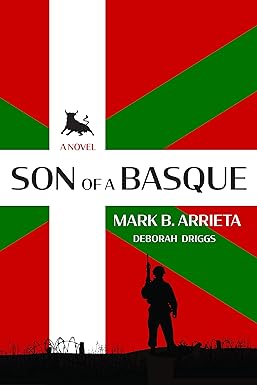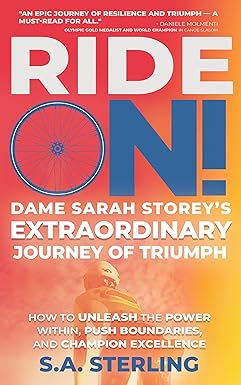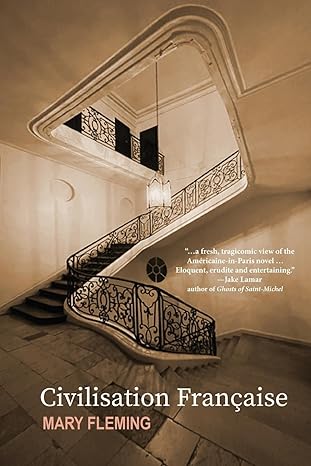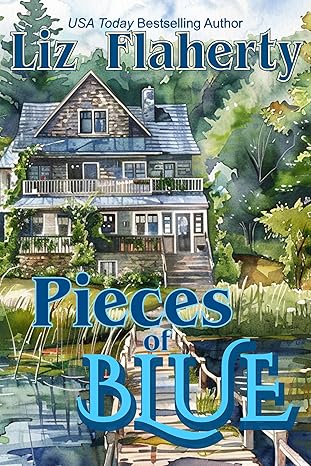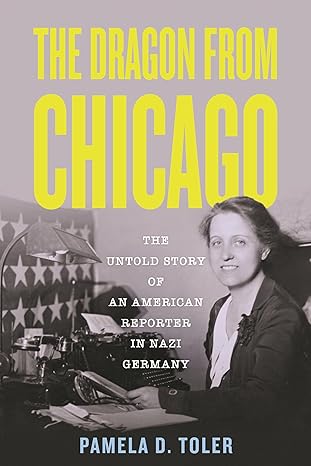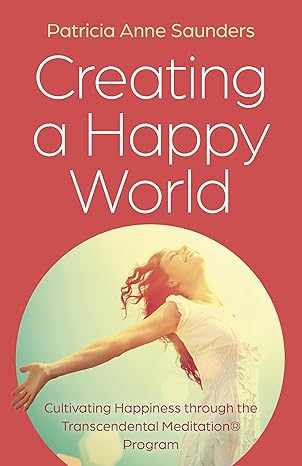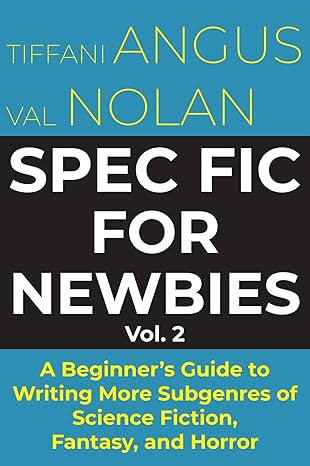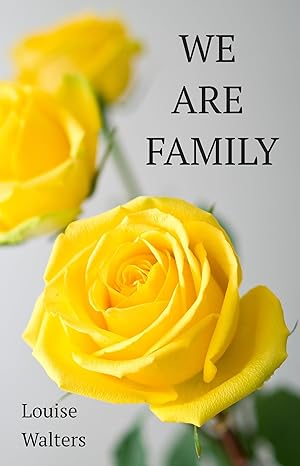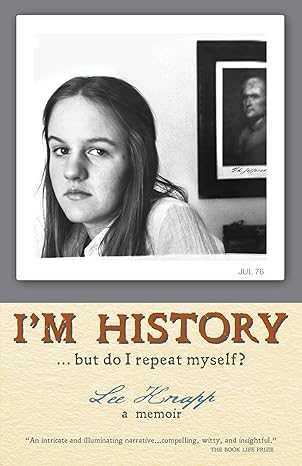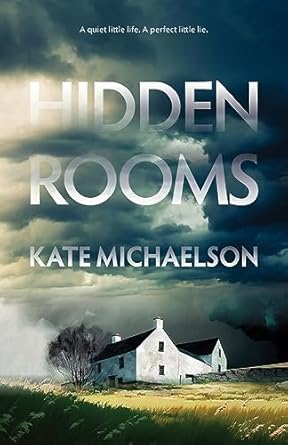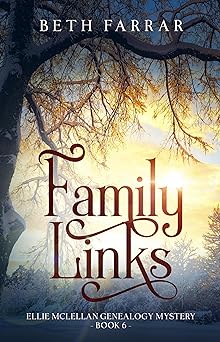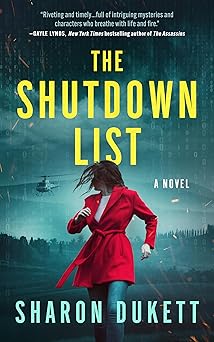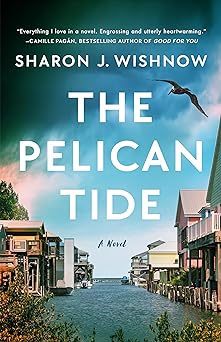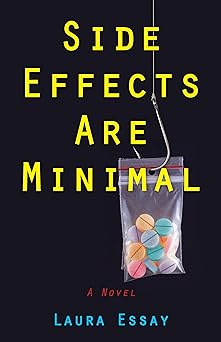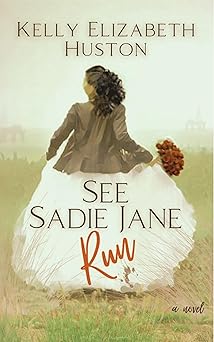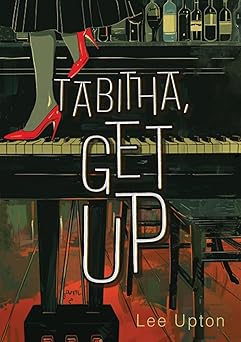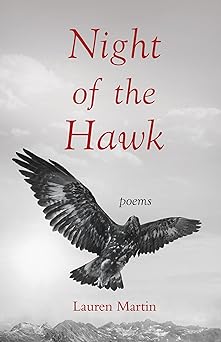When Your Book Insists on Being Written, and You Don’t Consider Yourself a Writer
When Your Book Insists on Being Written, and You Don’t Consider Yourself a Writer
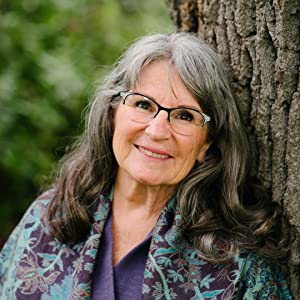 The notion of writing a book about my wilderness quests entered my mind loud and clear one day like a Tibetan gong: You need to write a book! Really? Me? I was meandering down a creek side trail, minding my own business, when the call hit me. It was my fourth wilderness quest, and I had just experienced an unexpected and thrilling visitation from a great horned owl (described in a chapter of my book titled, “Finding My Medicine Name”). I was thinking as I walked that I wanted to share my wilderness questing experience with others. But how? And then the call to write a book came knocking.
The notion of writing a book about my wilderness quests entered my mind loud and clear one day like a Tibetan gong: You need to write a book! Really? Me? I was meandering down a creek side trail, minding my own business, when the call hit me. It was my fourth wilderness quest, and I had just experienced an unexpected and thrilling visitation from a great horned owl (described in a chapter of my book titled, “Finding My Medicine Name”). I was thinking as I walked that I wanted to share my wilderness questing experience with others. But how? And then the call to write a book came knocking.
I had never considered myself a writer, never written a book, and had no idea of how to even begin. When I thought about it, I felt excited about sharing my stories in the form of a book, especially because I wanted my grandchildren to know about the healing powers of nature. But the more I thought about writing a book, the more daunting it felt. How would I start? How would I know if it was any good? Who would want to read about my life journeys in the wilderness anyway?
Wilderness questing, also known as vision questing or vision fasting, is a centuries-old rite of passage intended to awaken personal vision and purpose. It is an act of courage and determination that involves solitude, fasting, and prayer. Jesus went into the desert for forty days. The Buddha sat under the bodhi tree and found spiritual enlightenment. Muhammad went into the cave on the mountain and received the Koran. And I, an ordinary, middle-aged, middle-class, white woman, went into the wilderness again and again for over two decades—in California, Oregon, and Washington State, to places like Death Valley, the Inyo, the Modoc, the Cascade-Siskiyou National Monument, and the North Cascades. Each time, I went into the wild with the intention to explore something specific for myself and came out with an unexpected treasure.
I went on my first wilderness quest when I turned fifty, a rite of passage to mark my half-century point. I thought I’d try it once to see if I could fast for four days and nights alone in the wild. At the time, I had no idea that wilderness questing would become an annual event in my life, a sacred ritual that connected me to the land, wove me into nature’s web, and transformed me from a woman who worked to please everyone else into a woman who forged her own path. My time in the wild helped me circle back to the events of my life and sort through them, find deeper meaning, and make peace with my past. My wilderness quest experiences were certainly worth writing about, but I didn’t consider myself a writer.
Year after year, as I continued to quest, the idea of writing a legacy book about my wilderness stories wouldn’t let go of me. After each journey, I returned home and couldn’t stop thinking about what this quest had meant to me and how I could share my personal transformations with others. Sometimes I worked out the stories in my mind, but it was a long time before I started putting them on paper. My book kept insisting, oftentimes demanding, write me! I remembered a passage from the book, Big Magic, by Elizabeth Gilbert: if the muse knocks on your door and you don’t answer, she might give up and go down the street and knock on someone else’s door. I didn’t want that to happen, so one day, I just started. I started with one image, one thought, one scene, and it became a story. My first chapter was born.
I was excited about beginning my book, but I knew I needed to learn more about the mechanics of writing and how to show, not tell. So, I committed myself to four years of studying and practicing the craft of writing at a local writing studio, and five years working one-on-one with a writing coach to revise and improve my stories.
Every morning I kept my date with my book. I put my butt in the chair and wrote. I began to see that we were forming a relationship with one another. We were getting to know each other. When I got stuck or bogged down, she turned me in another direction. Even during the hard times when she irritated me and I wanted desperately to call it quits, she kept at me—a harsh mistress at times, just write damn-it! So, I did. I wrote about the touch of coyote fur, the feel of a snake’s kiss, a ceremonial blood offering, and all the healing and restorative powers of nature I’d experienced in the wilderness. My book was beginning to take shape.
My book was patient with me while I obsessed, over-edited, and picked away at her every fault. I’d start out with an idea, and then she would take me in a completely different direction, better than I could have imagined on my own. Over time she showed me what she wanted to say, and I learned to listen and trust her. My book, Solo Passage: 13 Quests, 13 Questions, took six years to write. It took dedication and commitment that I didn’t know I had in me. It took a willingness to look deeply into my life and gather up the threads of my experiences and have them make sense. By the end of the book, I could finally say, I am a writer.
In the beginning, I was afraid to get started on my book. I was afraid to answer the call because I didn’t think I was good enough or smart enough to do it. But sticking to it and working on it bit by bit taught me how to write.
If you hear a book knocking at the door, at least crack it open and listen to what she has to say. Go on a first date and begin to explore that relationship. Put your pen to paper and trust that you’ll be guided along. The more you get into writing your book, the more it will show you where you need to go next. After all, we only become writers by writing.
—
Glenda Goodrich lives in a cottage in the Willamette Valley of Oregon. As an artist, art doula, SoulCollage® facilitator, writer, and convener of ceremony, she brings together earth-based rituals, community gatherings, and creative expression in a search for new ways to show love for the Earth. She feels most alive exploring wild places and spending time with her two children, three grandchildren, and four great-grandchildren.
Solo Passage: 13 Quests, 13 Questions
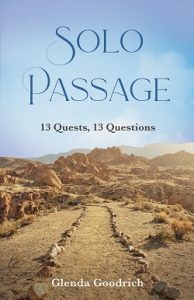 In her search to find healing and meaning in midlife, Glenda Goodrich undertakes a series of wilderness quests into the backcountry of Oregon, Washington, and California to discover what the natural world has to teach her about life, death, happiness, spirituality, and forgiveness.
In her search to find healing and meaning in midlife, Glenda Goodrich undertakes a series of wilderness quests into the backcountry of Oregon, Washington, and California to discover what the natural world has to teach her about life, death, happiness, spirituality, and forgiveness.
This book chronicles the sacred ceremonies that connected Goodrich to the land, wove her into nature’s web, and transformed her from a woman who worked to please others into a woman who forged her own path. It is a brilliant collection of adventures—the touch of coyote fur, a snake’s kiss, a ceremonial blood offering—and a profound reflection on the healing and restorative power of nature.
BUY HERE
Category: On Writing




